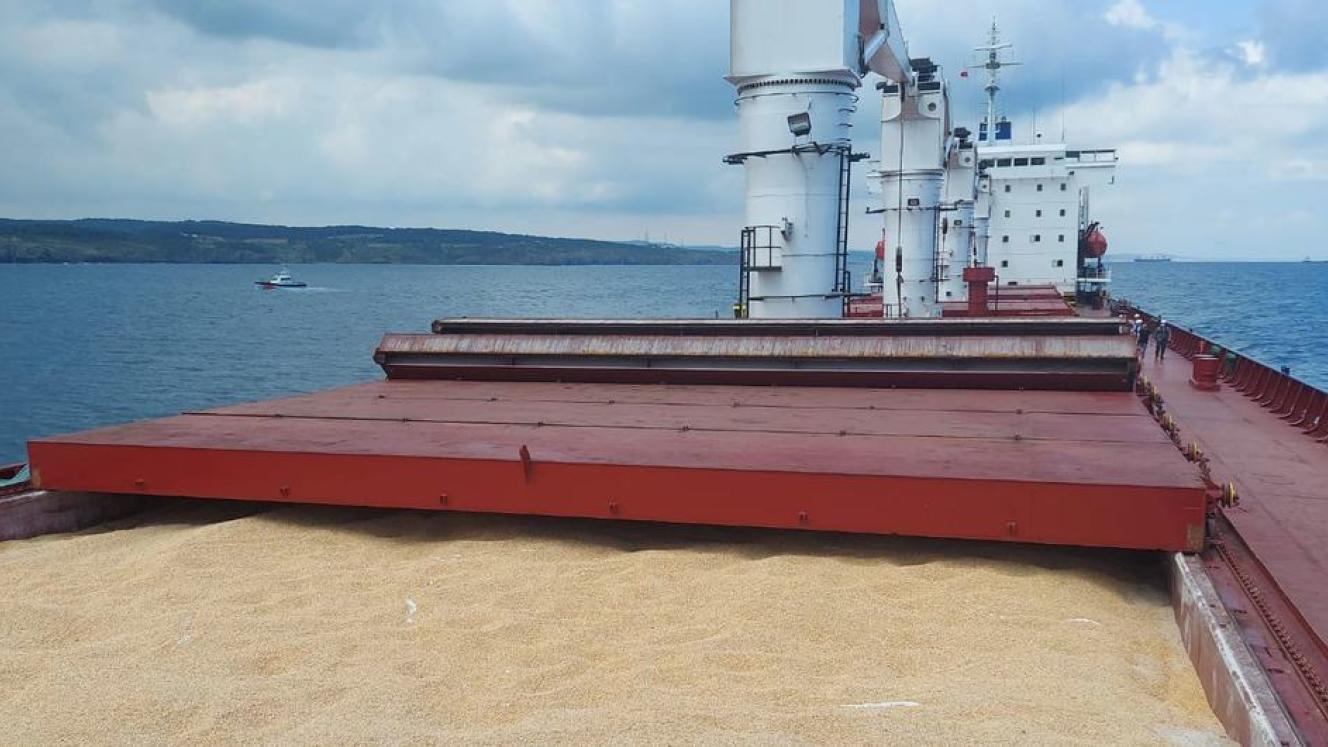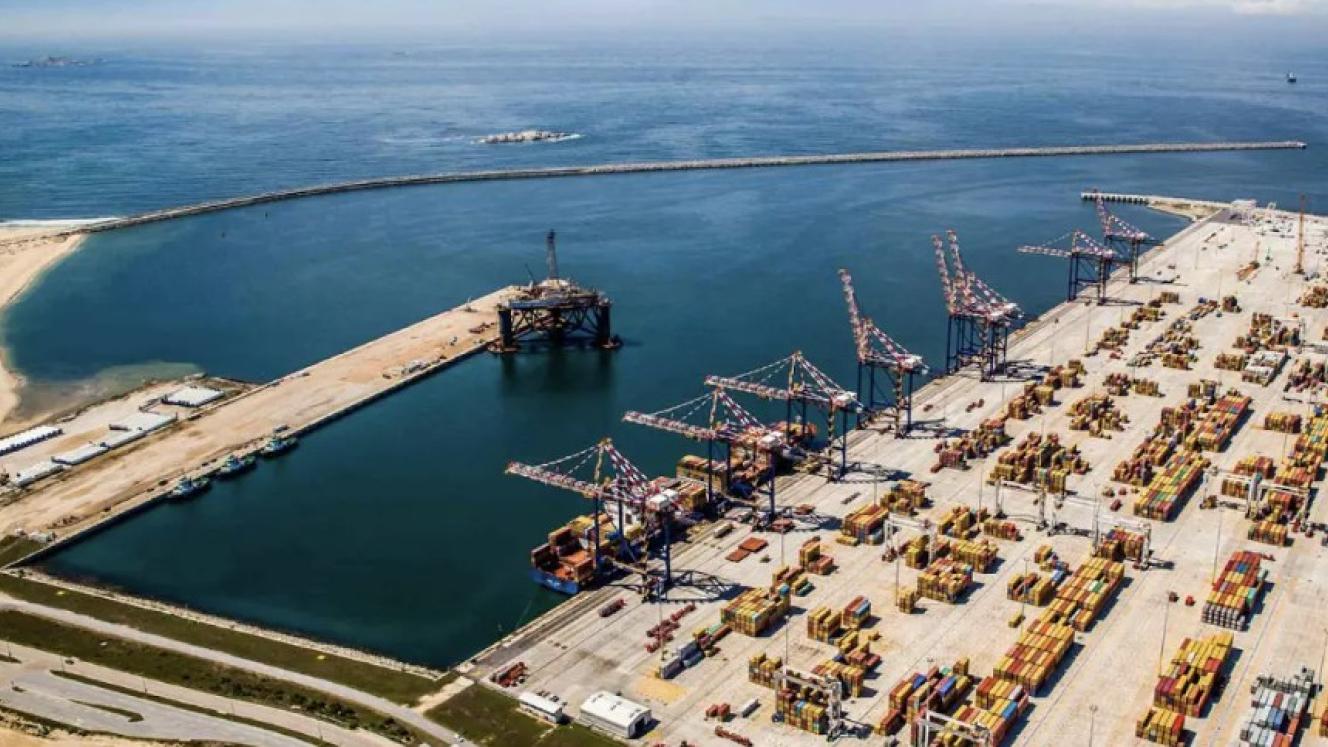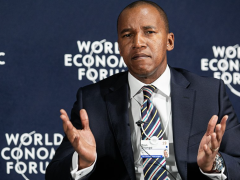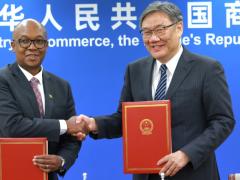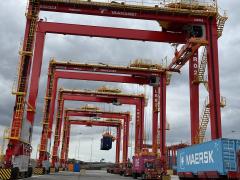The renewal of Ukrainian grain shipments under the Black Sea Grain Initiative has added 6.5 million tonnes of agricultural commodities to supplies in Europe, Africa and Asia since August 1.
Maritime Executive reports that the resumption of grain exports from the region has slowed spiralling food price inflation in vulnerable countries, including parts of the Middle East and Africa that rely on Ukrainian grain.
However, the ship inspection process built into the multiparty safe corridor agreement has led to a bottleneck of vessels departing from the region.
“When the initiative got under way, brokers reported that convincing vessel operators to sign on for a trip to an active war zone was a challenge, especially once Ukraine began retaking occupied areas in the east and south. With already-high tensions on the rise and insurance premiums running up to 40 percent above normal for the voyage, many owners and operators decided to stay out of the trade,” the publication reported.
However, according to a report in the Financial Times, shipping lines have now showed up in their numbers, creating a backlog of about 120 vessels on both sides of the route. On average, these bulkers are older and smaller, minimising insurance costs, while enabling lines to maximise the number of ships on the voyage. Ukrainian, Russian, Turkish and UN inspectors are inspecting each vessel before they can travel in and out of the region.
The Financial Times reports that the inspection team has been processing about seven ships a day at a designated anchorage in the Sea of Marmara, but it has not been able to keep abreast of the demand. Vessels are now waiting up to two weeks to pass through the region.
Amir Mahmoud Abdulla, UN co-ordinator for the Black Sea Grain Initiative and former Chief Operating Officer of the UN World Food Programme, said there was a need to add more inspectors to the team.
Meanwhile, Russian President Vladimir Putin, speaking at a conference in Vladivostok in early September, proposed that the Black Sea Grain Initiative be restricted. He suggested that a limit should be placed on the number of grain export destinations, claiming that western countries were taking more than their share of Ukraine's grain. The initiative is subject to renewal every 120 days and will be up for renewal on 19 November.
